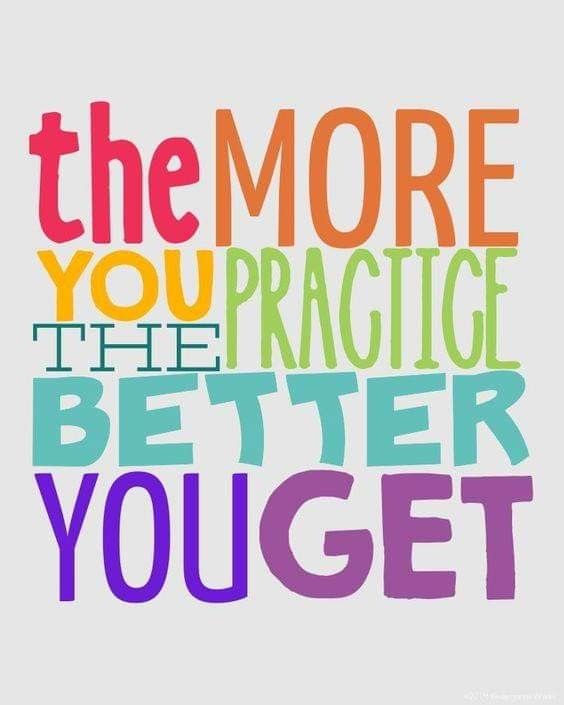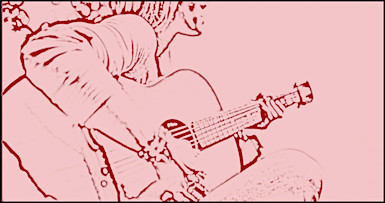
Everyone knows what we mean when we say “Practice makes perfect,” whether it’s whacking a golf ball over and over, repeating those dance steps until you can do them in your sleep, or playing the same riff on guitar till it’s smooth as silk. We know things will improve with enough repetition because we can see the results.
But how do you practice songwriting? You can practice piano or guitar to improve your playing, which is good, but it’s not songwriting. You can improve your singing with practice so you can hit notes with confidence, character, and emotion. And that’s really useful, but it’s not songwriting either.
You need to practice writing lyrics that move listeners. You need a workout that strengthens your melodies and provides more choices when writing. Where do you find the repeatable exercises that help you get better at those things?
Answer: By breaking it all down into manageable bits and focusing on areas where you’re having difficulty. So, let’s do it.






